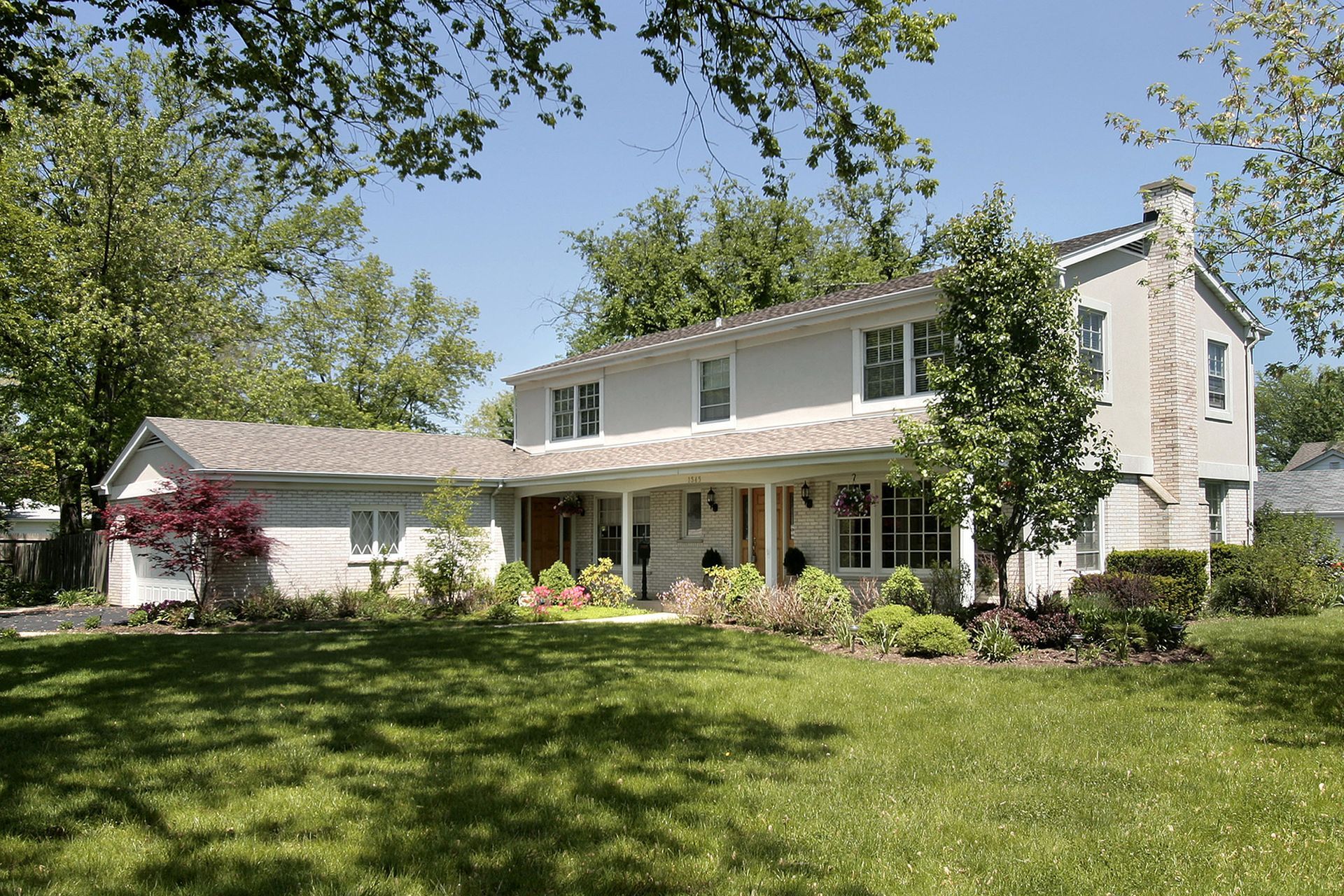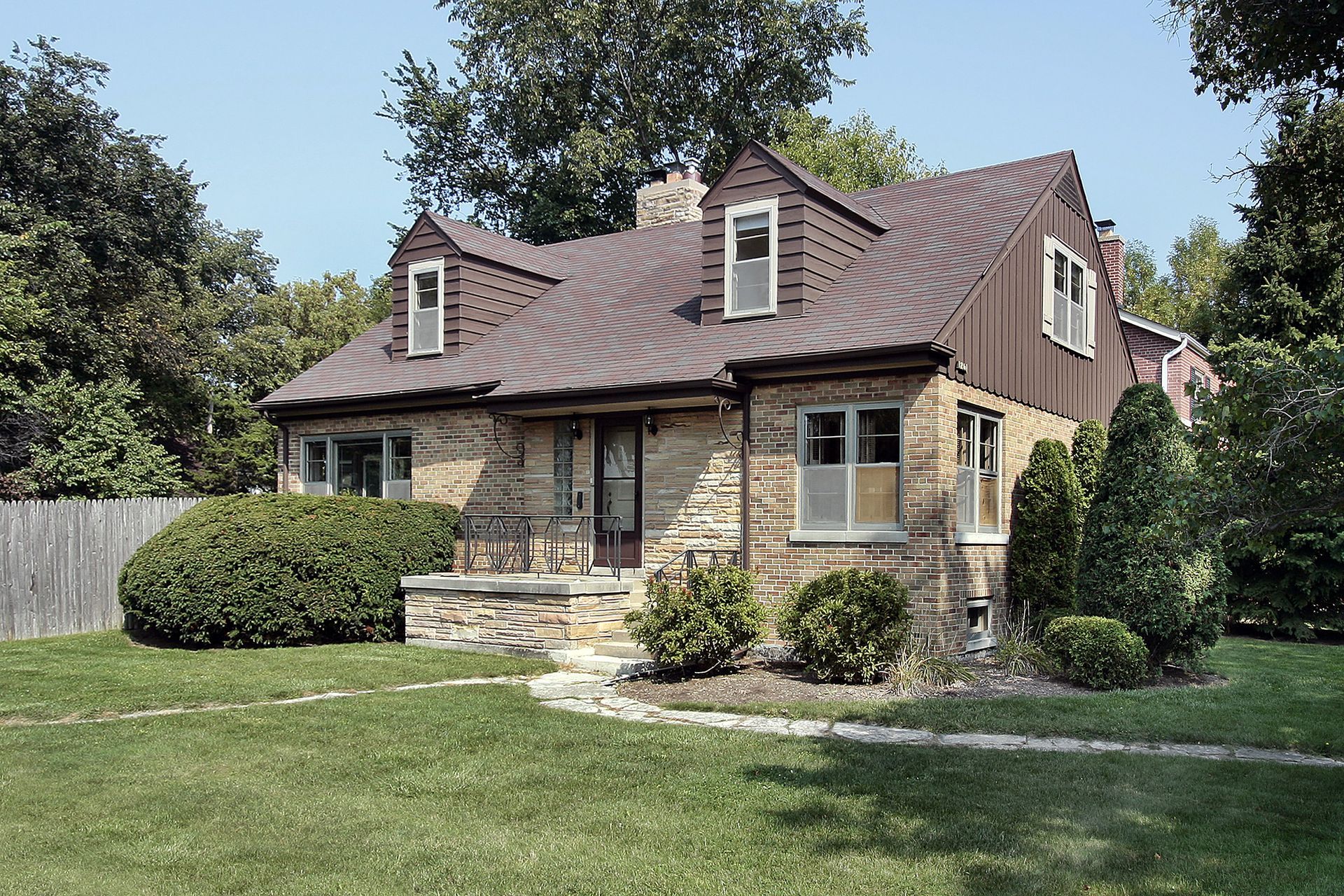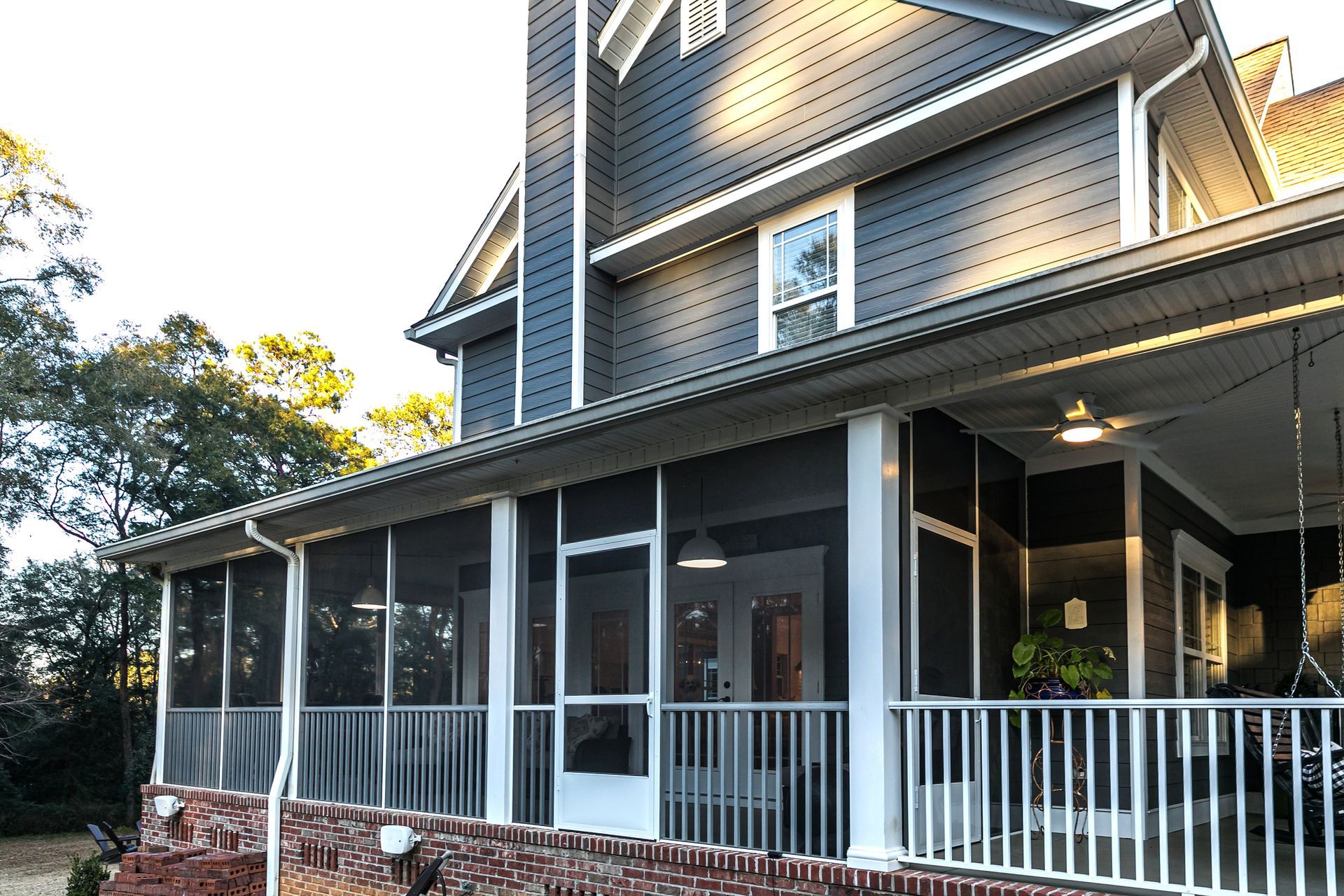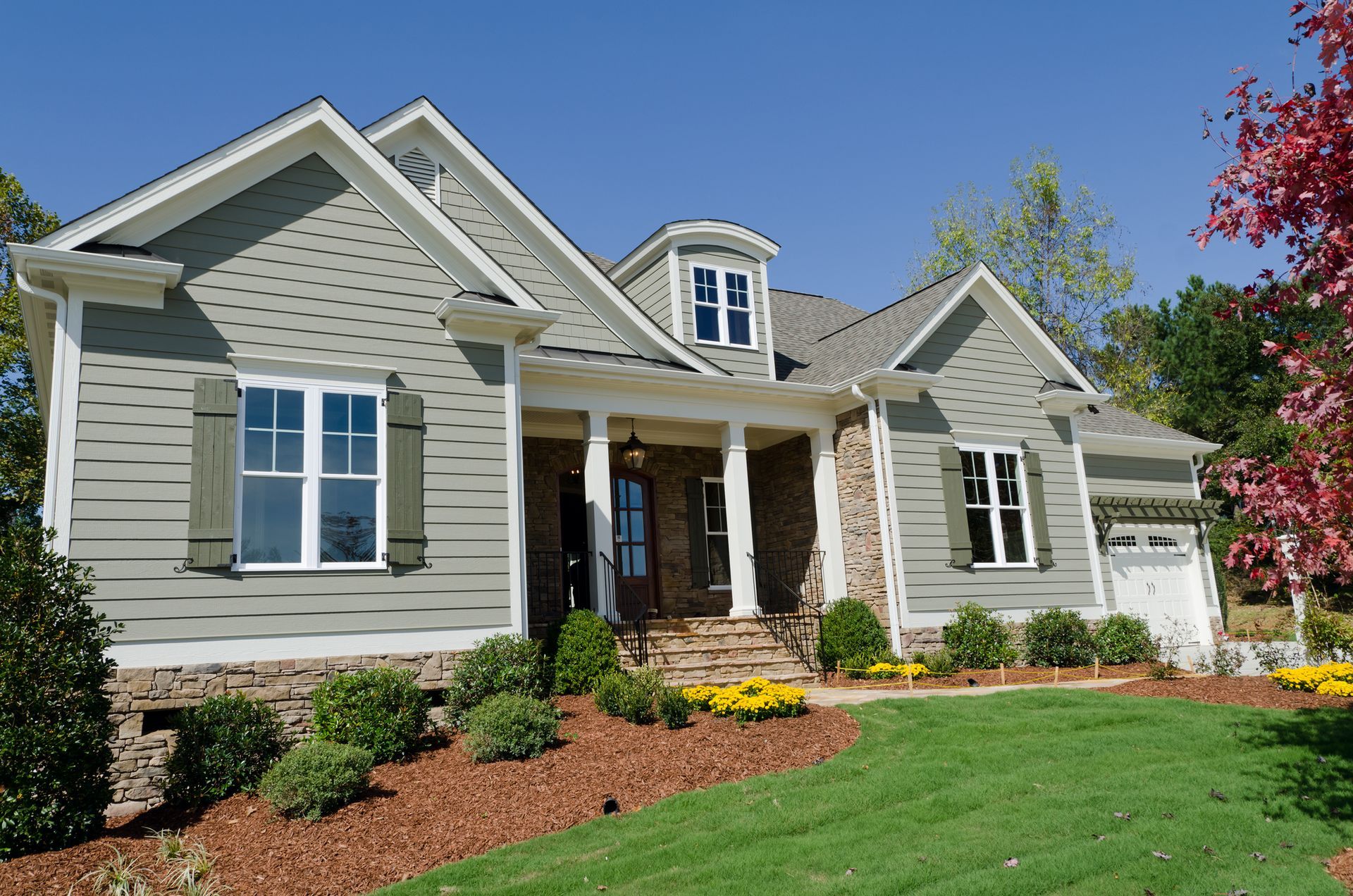Wisconsin Capital Gains Tax
Understanding Wisconsin Capital Gains Tax
Hey there, Wauwatosa pals! If you've been considering
selling your home or any other type of property, you might have come across the phrase "capital gains tax." Now, we know tax talk isn't everyone's cup of tea (or should we say glass of milk, since we're in dairy country?), but stick with us. We promise to make it as breezy and informal as a Wisconsin summer evening. Let's dive into Wisconsin's capital gains tax.
First up, what on earth is capital gains tax? Think of it like this: if you bought a house for $150,000 ten years ago and you sell it today for $250,000, that's a profit (or 'gain') of $100,000. Capital gains tax is what you owe the government for making a profit from the sale. It's like Wisconsin's way of saying, "Hey, thanks for doing well, but remember us?" It's a bit like your friend reminding you of that $10 you borrowed last month when you forgot your wallet.
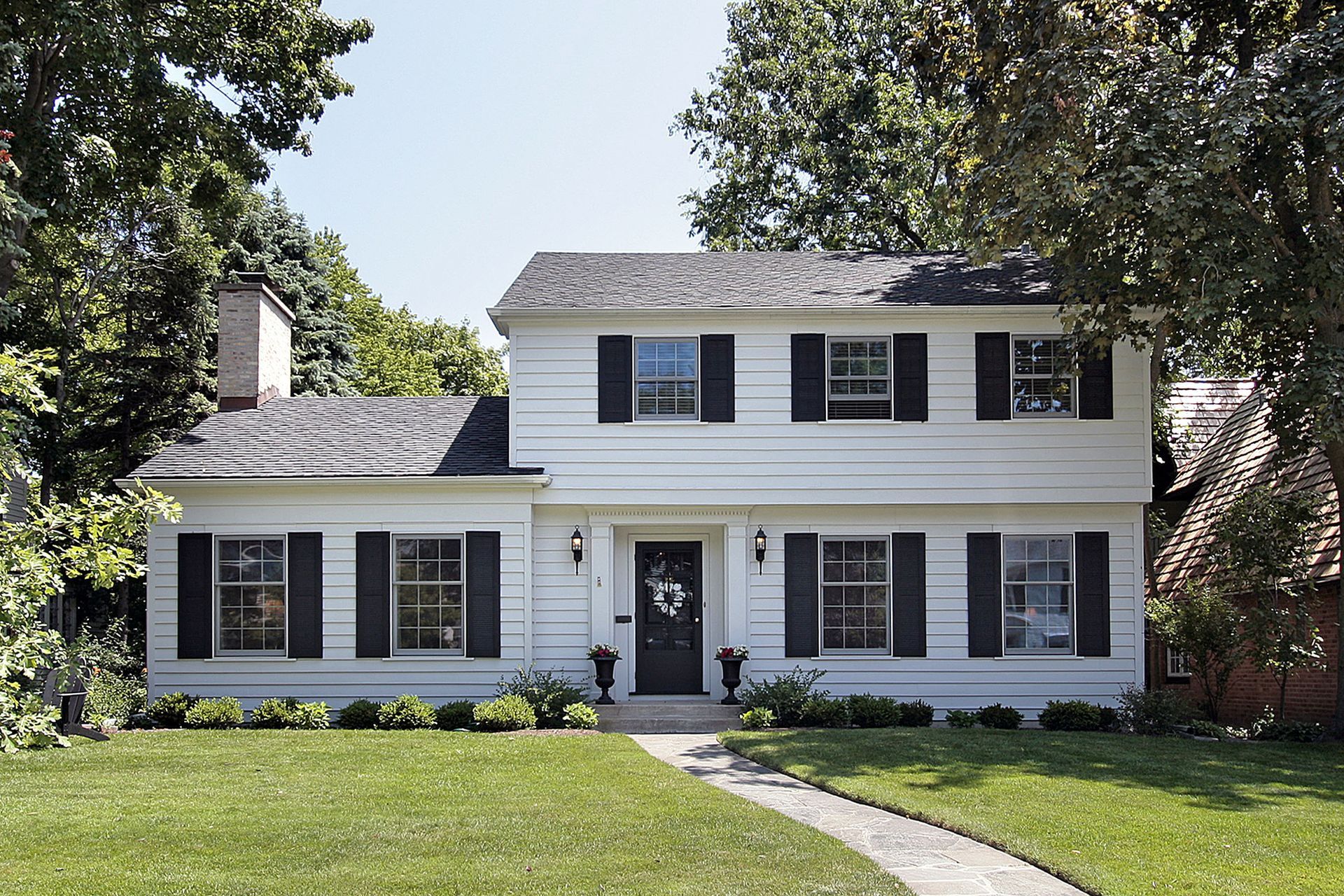
Now, the good news! If you're selling your primary residence (that's the place where you kick up your feet and binge-watch your favorite shows), you might qualify for a huge tax break. Singles can exclude gains of up to $250,000 and married couples filing jointly can exclude up to $500,000. But there are a few catches: you need to have lived in the home for at least 2 out of the last 5 years and not claimed the exclusion in the last two years.
So, what if you're selling property that's not your main home? Let's say it's a vacation cabin up north or an investment property. That's where things can get a bit tricky. Any profit you make is generally taxable. But how much tax you'll pay depends on how long you held onto the property. If you owned it for over a year, it's considered a long-term gain and is taxed at a lower rate. Anything less than a year? That's short-term and gets taxed at your normal income rate.
You might now be thinking, "Great, but what's the actual rate?" Without diving into the nitty-gritty, the rate can range from 0% to 20% for federal taxes depending on your income. And let's not forget our buddy, Wisconsin state tax, which can tack on an additional percentage.
Tips to minimize the bite: There are strategies to minimize or delay paying these taxes. One popular method is called a 1031 exchange, where you swap one investment property for another. It's like trading in your old car for a new one, but with houses. But remember, there are specific rules to follow, so always best to chat with a tax pro before going this route.
Now, if you're sitting there, a bit dazed and confused (we get it, tax talk can be a whirlwind), the main takeaways are:
- Selling your primary home? You might get a big tax break.
- Other properties? Watch out for capital gains tax and consider how long you've owned it.
- Strategies exist to ease the tax burden, but always get some expert advice.
We hope this cleared the murky waters of Wisconsin's capital gains tax a bit. And if you're looking to sell your house fast in Wauwatosa, you know
who to call, right? 😉
Sell My House Fast Wauwatosa is always here to help, whether it's about selling your home or decoding tax jargon. Stay awesome, Wauwatosa!


